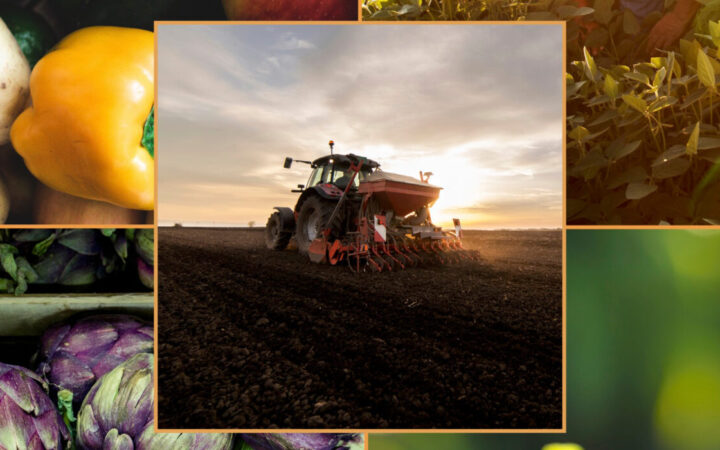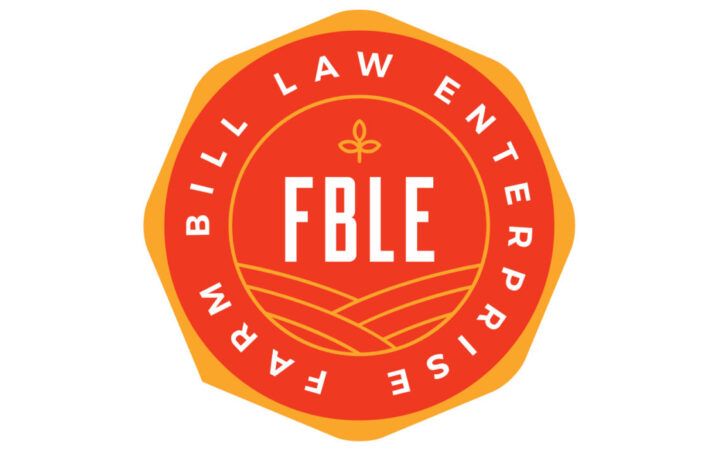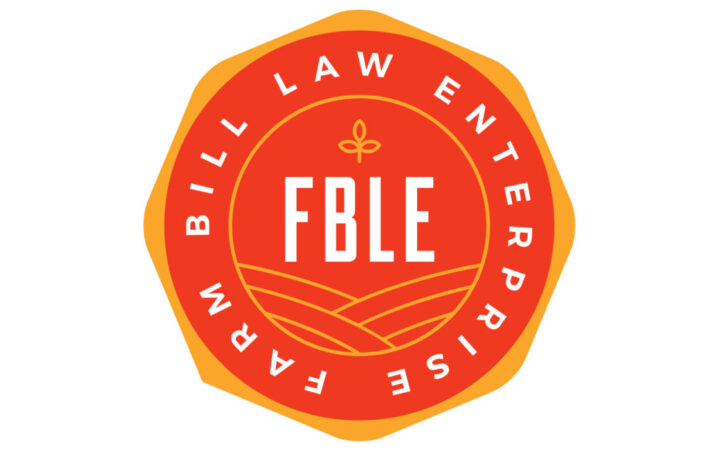This backgrounder highlights the history, context, and content of the Farm Bill’s Rural Development Title.
This backgrounder highlights the history, context, and content of the Farm Bill’s Rural Development Title. Following this introduction, Section I describes the establishment and evolution of the federal rural development programs. Section II summarizes the programs included in the 2018 Farm Bill’s Rural Development Title (Title VI). The final section summarizes current issues within and critiques of the Rural Development Titles in contemplation of the next farm bill.
The Rural Development Title first appeared in the 1973 Farm Bill, the first omnibus farm bill. The provisions within the Rural Development Title aim to support rural economic and community development. Most provisions in the Rural Development Title reauthorize and/or amend programs in the Consolidated Farm and Rural Development Act of 1972 or Rural Electrification Act of 1936. The evolution of the Rural Development Title reflects Congress’ response to emerging issues in rural America. The main issues the Title addresses now include rural health, broadband and telecommunications, water and wastewater infrastructure, and business and community development.
Though farming was the predominant industry in rural areas during the first half of the twentieth century, today agriculture makes up just 5.6% of rural employment. Farm households earn 80% to 90% of their income from sources outside of the farm. Further, over half of farms are considered to be very small and bring less than $10,000 in household income. As rural communities have moved away from farming, the scope of rural development programs has shifted from solely supporting agriculture to investing in a more diverse range of sectors and economic opportunities.
Despite the federal government’s decades-long effort to support the rural economy, unemployment and poverty persist in rural areas. These areas were hit particularly hard by the Great Recession, with the unemployment rate reaching 10%. While the these rates recovered at a fairly comparable pace in urban and rural areas—by 2017, rural unemployment had reduced to 4.4%—the poverty rate in rural areas remains higher than that of urban areas, at 16.4% and 12.9% respectively. Further, the actual employment rates have not kept up with urban areas, even as unemployment as dropped, due to stagnant or slight population growth and decreasing labor force participation. Recognizing these continuing challenges, recent Rural Development Titles seek to provide more effective and sustainable support.
Find the complete set of reports from the Farm Bill Law Enterprise at farmbilllaw.org.
Suggested Citation
Esther Akwii et al., Rural Development, Farm Bill Law Enterprise (Dec. 1, 2018), https://www.farmbilllaw.org/wp-content/uploads/2020/12/2018-Update_Title-6-Rural-Development.pdf.






